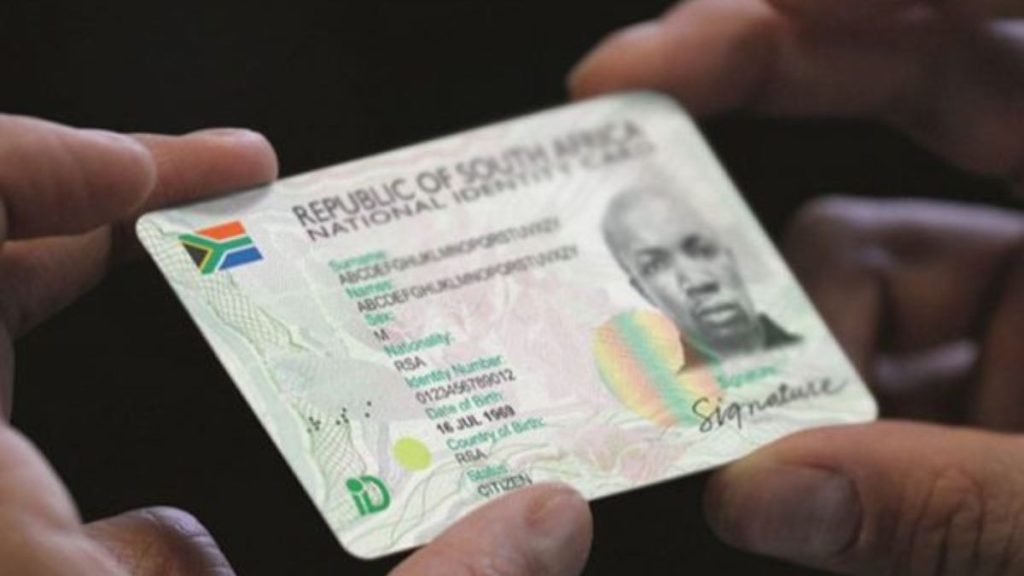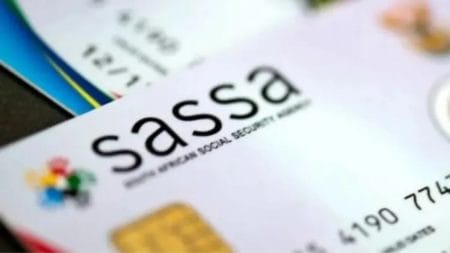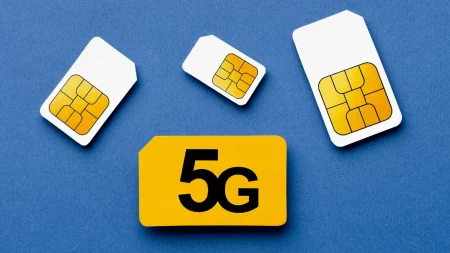Many South Africans arrive at payment points ready to collect their social grants, only to face delays or disappointment because they forgot a key document, brought an expired ID, lost their card, or didn’t confirm the date. Whether you collect your grant at a post office, retailer, ATM, or mobile pay point, preparing properly protects your money and saves time.
This guide gives you a clear checklist of what to bring, how to prepare, how to handle special cases, and how to stay safe on SASSA grant collection day.
Why Preparation Matters
Every month, beneficiaries are turned away or delayed because of missing documents, forgotten PINs, damaged cards, expired IDs, or confusion about dates. Long queues, taxi fares, and safety risks mean a wasted trip is more than just an inconvenience.
Being prepared ensures:
Faster processing
No return trips
Safer transactions
Less stress and confusion
Protection from scams or card cloning
What to Bring for SASSA Grant Collection
Use this checklist to make sure you have everything packed the night before.
Valid South African ID
You must bring one of the following:
Green barcoded ID book
Smart ID card
Valid temporary ID certificate
Make sure your ID is not expired, damaged, or unreadable. If it was lost or stolen, apply for a temporary certificate before payment day.
SASSA Card or Bank Card
If you collect through a SASSA card:
Check that it is not blocked, broken, or worn out
Ensure you remember the PIN
Keep it hidden and secure
If you use a bank account:
Take the bank card linked to your grant
Know the correct PIN
Proof of Payment Date or SMS Notification (Optional)
While not always necessary, it helps to have:
An SMS confirming your payment date
A screenshot of the date
A written note with the correct collection day
Charged Cellphone
A phone is important for:
Receiving OTPs or SASSA messages
Contacting family if needed
Emergency calls
PIN resets or date confirmations
Make sure it has battery power and airtime or data.
Transport Money and Essentials
Depending on your location, pack:
Taxi or bus fare
Water or a light snack
Umbrella, hat, or jacket
Tissues or small cloth
Walking aid if needed
Extra Documents (If Requested Recently)
Some situations may require:
Proof of residence (not older than three months)
Bank statement or bank confirmation letter
Previous SASSA letters
Application forms or affidavits
A pen for signing
What to Do Before Collection Day
A few checks the day before can prevent major setbacks.
Confirm Your Payment Date
Verify the correct collection day through:
SASSA website
SMS notifications
Official social media pages
Local municipal or community boards
Community WhatsApp groups
Check Your Card and ID
Ensure both your ID and card are:
Present
Not damaged
Not expired
Easy to access
Memorise or Reset Your PIN
If you forgot your PIN, reset it at the post office or SASSA office before collection day. Take your ID with you.
Pack the Night Before
Place your essential items in a bag so nothing gets forgotten.
Arrange Transport or Assistance
Make plans with someone if you need help. Tell a friend, neighbour, or family member if you travel alone.
Special Situations and Common Problems
Not every collection goes according to plan. Here’s what to do when challenges arise.
Lost or Stolen SASSA Card
If your SASSA card goes missing:
Report it immediately to Postbank or SASSA
Block the card to stop withdrawals
Apply for a replacement at the post office or SASSA office
Time matters — reporting quickly protects your funds.
Forgotten or Blocked PIN
You must reset your PIN in person at a post office or SASSA office. Carry your ID. Without a valid PIN, you cannot withdraw cash.
Collecting on Behalf of Someone Else
A trusted family member or caregiver can collect if authorised. They must bring:
Their own ID
Your ID or certified copy
Signed proxy letter or affidavit
Some beneficiaries permanently register a proxy through SASSA.
Expired or Missing ID
If your ID is lost, stolen, or expired:
Apply for a temporary ID certificate
Carry the certificate on collection day
Keep proof of Home Affairs application if available
Elderly and Disabled Beneficiaries
Older persons and disabled recipients can:
Use priority queues
Request assistance at collection points
Nominate a proxy for collection
Use walking aids or wheelchairs at cash pay points
Grant-Specific Collection Requirements
Most grants require only your ID and SASSA or bank card on collection day. However, recent updates or changes may lead to extra checks.
Child Support Grant
Your ID
Child’s birth certificate (if requested)
Caregiver documents or affidavit if needed
Older Persons Grant
ID
SASSA card or bank card
Disability Grant
ID
Medical report only if SASSA requested verification
Card for withdrawal
Foster Child Grant
Foster parent’s ID
Court order if requested
Child’s birth certificate if needed
Care Dependency Grant
ID
Child’s birth certificate or ID
Medical documentation if recently updated
SRD R370 Grant
ID number and cellphone
OTP or SMS verification if collecting at retailers
SASSA card if already issued
Safety Tips for Collection Day
Protect your money, identity, and personal information with these precautions.
Protect Your PIN
Do not share your PIN with anyone
Cover your hand when entering it
Avoid writing it down
Ignore anyone offering “help” at ATMs
Be Aware of Scams and Fake Officials
Scammers may:
Pretend to be staff
Offer to “check your balance”
Ask for your card or ID
Promise faster service
Trust only officials behind counters or tills.
Use Trusted Transport and Locations
Travel with someone when possible
Stick to busy, well-known pay points
Avoid quiet ATMs
Be alert when leaving with cash
Keep Receipts and Payment Slips
Always:
Confirm the amount withdrawn
Keep the slip in a safe place
Use it for any dispute or follow-up
Final Checks Before Leaving Home
Before you step out, confirm you have:
Valid ID
SASSA card or linked bank card
Charged cellphone
Transport money
PIN confirmed
Payment date checked
Water or snack if needed
Bag or pouch for safe keeping
Important Contacts for Help
Save these details for emergencies or support:
SASSA Toll-Free Number
0800 60 10 11
SASSA WhatsApp
082 046 8553
SASSA Website
www.sassa.gov.za
Postbank Card Queries
0800 53 54 55
Report lost cards, missing payments, or fraud immediately. Have your ID number ready when calling.
Frequently Asked Questions (FAQs)
What Must I Bring for SASSA Grant Collection?
You must bring your valid South African ID and your SASSA card or bank card. Also carry a charged phone, transport cash, and any documents recently requested by SASSA.
What Documents Are Needed for SASSA Grant Collection?
A valid ID and your SASSA or bank card are essential. For proxy collection, the collector must bring both IDs and an affidavit or proxy letter.
Can I Collect My SASSA Grant Without My Card?
No, unless you are using a registered bank account with your bank card. If the card is lost, you must report it and get a replacement.
What Happens If I Forget My SASSA PIN?
Visit a post office or SASSA office with your ID to reset it. You cannot withdraw without a PIN.
Can Someone Else Collect My SASSA Grant for Me?
Yes, if authorised in writing. The person must bring both IDs and a signed affidavit or proxy letter.
What to Bring for SASSA SRD Grant Collection?
If you do not have a SASSA card yet, bring your ID and cellphone. You may need to confirm your identity with an OTP.
How Do I Prepare for Payment Day?
Confirm your grant date, check your ID and card, memorise your PIN, pack essentials, and arrange transport.
Do I Need Proof of Residence to Collect?
Only if SASSA recently requested updates. Bring a utility bill, lease, or affidavit not older than three months.
How Do I Stay Safe When Collecting?
Do not share your card or PIN, avoid strangers offering help, use busy pay points, travel with someone if possible, and keep receipts.
Check also: Lost Your Phone? Update Your SASSA SRD Number Fast — Oct 2025
SASSA grant collection does not have to be stressful. Pack your ID, card, phone, and transport money ahead of time. If you face a special situation such as a missing card or collecting for someone else, follow the correct steps and bring the right supporting documents.
Being prepared protects your grant, your time, and your safety. Share this checklist with family members, neighbours, or anyone who collects a SASSA grant.










